Unitec International Student Handbook
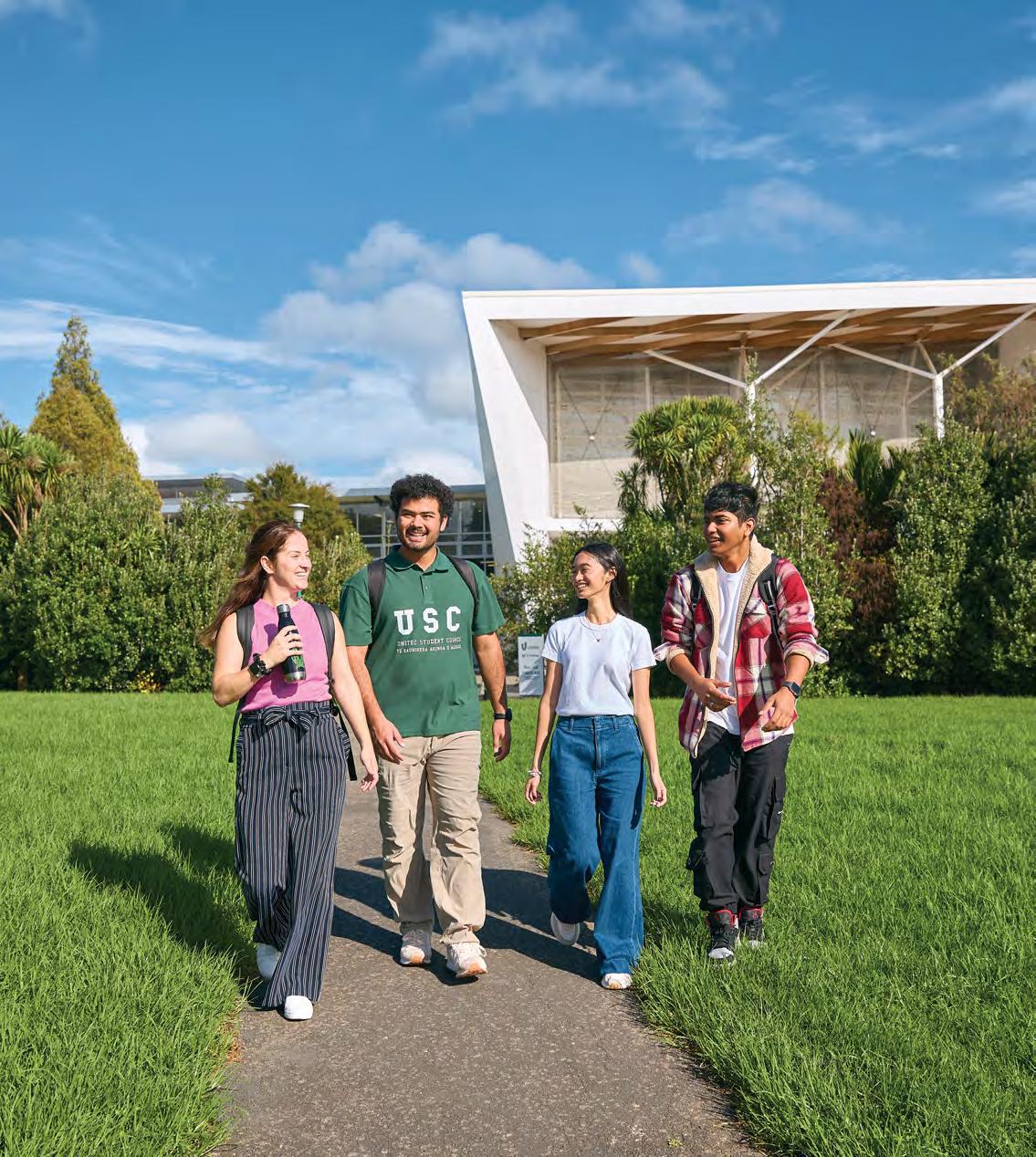


We warmly welcome you to Unitec and to Auckland, New Zealand. We are so pleased that you’ve chosen to join our Unitec whānau (family).
Our focus at Unitec is on you, as our learner, and your success. You have chosen us as your tertiary education provider to gain an amazing qualification and expand your access to opportunities for a great job, an inspiring career and a life filled with purpose and meaning.
Our International Student Handbook aims to provide helpful and essential information to assist you on this new chapter of your life. In this guide you can expect to find information about life in Auckland, tips to help ensure a smooth transition to New Zealand, transportation guides and other useful tips to help you adapt. We also have a section around our rules, expectations, and policies for you to look at in one easy to find place. For more information, please check out our website
Thank you for choosing us and trusting us with this next stage of your study journey, you have made a wonderful decision. We look forward to meeting you in person soon and trust this handbook will be helpful to prepare and organise for the next important steps.
Travel safely and we’ll see you soon


Annette Pitovao Director Student Success Learner Experience and Success


Jeff Howe Director International Tāmaki International Marketing
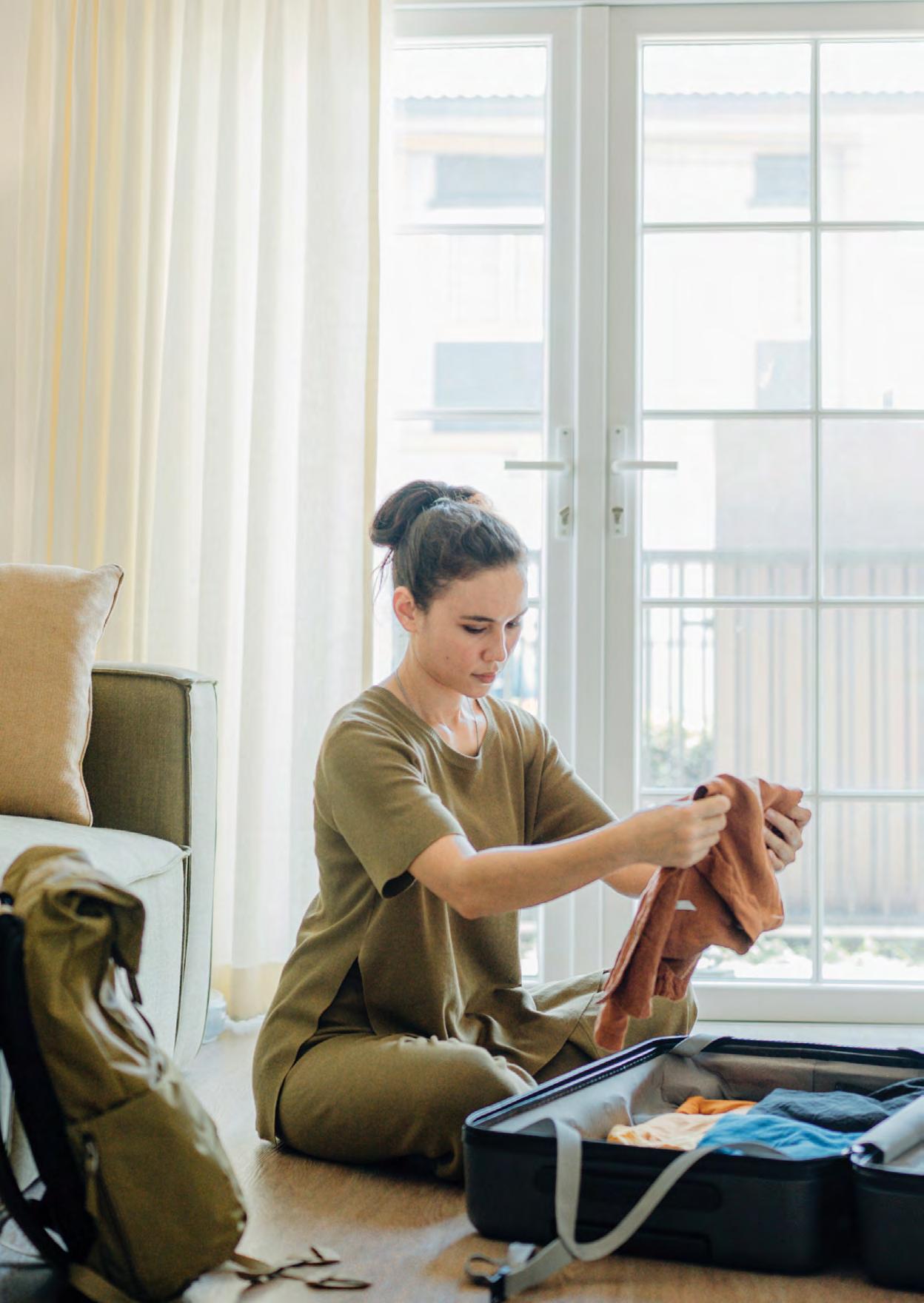
Things you need to do before you arrive in New Zealand
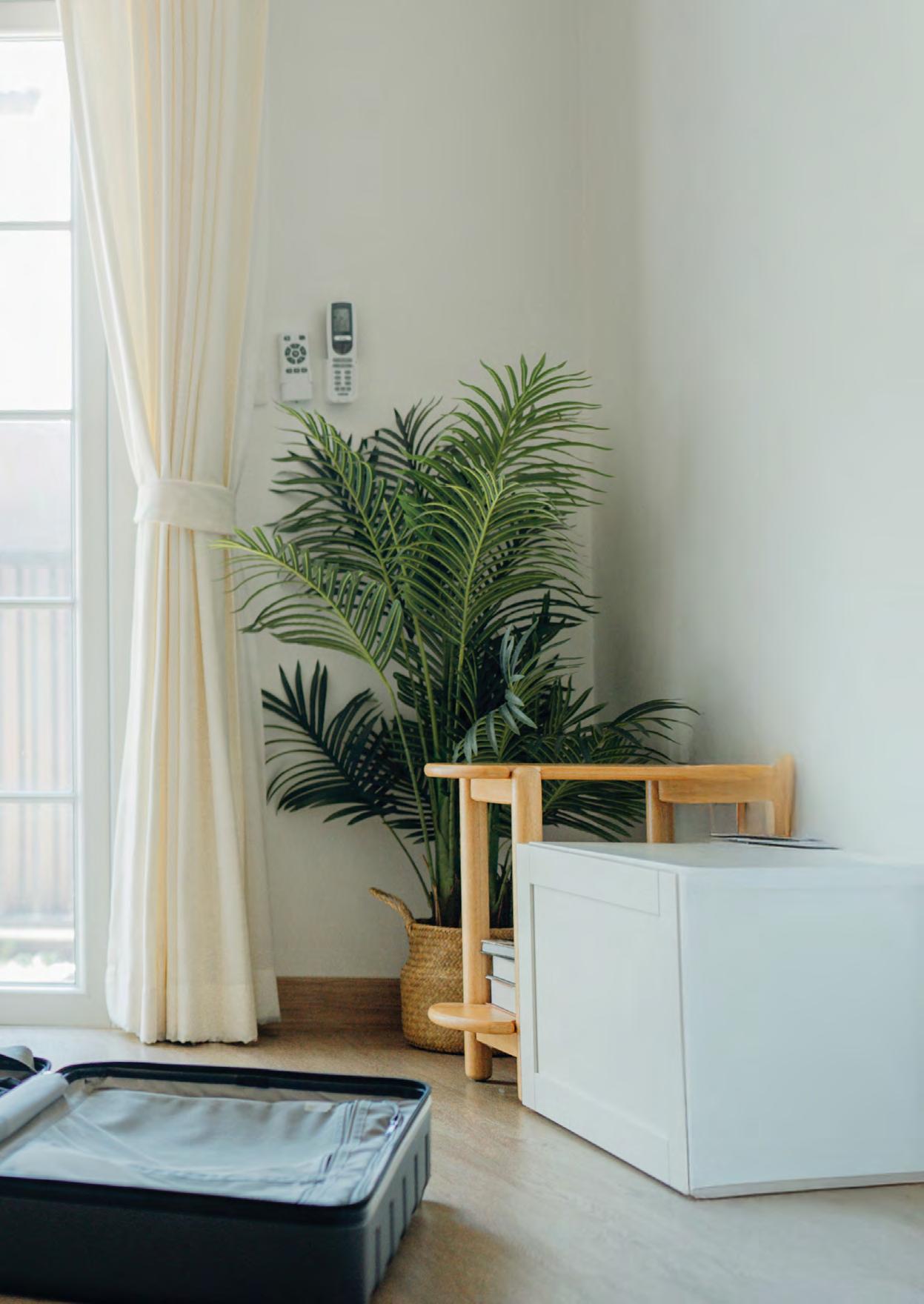
Once you accept your offer to study at Unitec, check that your airline tickets, passport and student visa are valid. Your passport must be valid for your entire study period. If it’s due to expire during that time, renew it at least six months before expiry.
As an international student, you must always hold a valid visa to live and study in New Zealand. Apply for your student visa as soon as possible – applications can take at least two months.
You must upload a copy of your valid student visa using this Wufoo form If you don’t do this, your student account will be suspended and your enrolment may be cancelled.
Place all important documents in a folder or clear envelope so they’re easy to find. Keep photocopies of key documents as a backup.
Unitec must follow Immigration New Zealand (INZ) rules. If you fail to provide a valid visa, Unitec is required to report this to INZ. More information is available at Immigration New Zealand.
If you need help, book an appointment with a Student Advisor, email studentvisa@unitec.ac.nz, or call 0800 10 75 10. In some cases, you may need to speak directly with INZ.
Everyone travelling to New Zealand must complete a traveller declaration form. To make your arrival easier, we recommend filling out your form before you fly.
What to expect going through NZ Customs:
Check New Zealand Customs requirements before you travel, particularly:

What items you can’t bring into New Zealand
What items you must declare when you arrive
For more details, visit the New Zealand Customs website
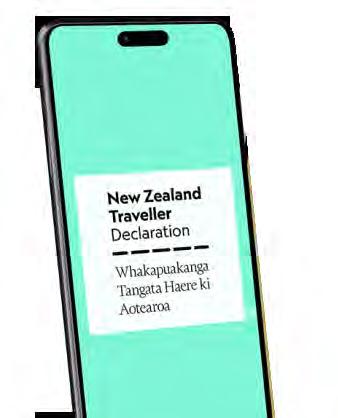
Confirm enrolment before you travel
• Make sure your enrolment is complete before you fly to New Zealand.
• You must pay your tuition fees before you can be enrolled. You’ll find these on your Offer of Place letter, which also explains how to pay your fees
If you need help
To get another copy of your Offer of Place letter or more help with enrolments, contact your Admission Specialist: international@unitec.ac.nz
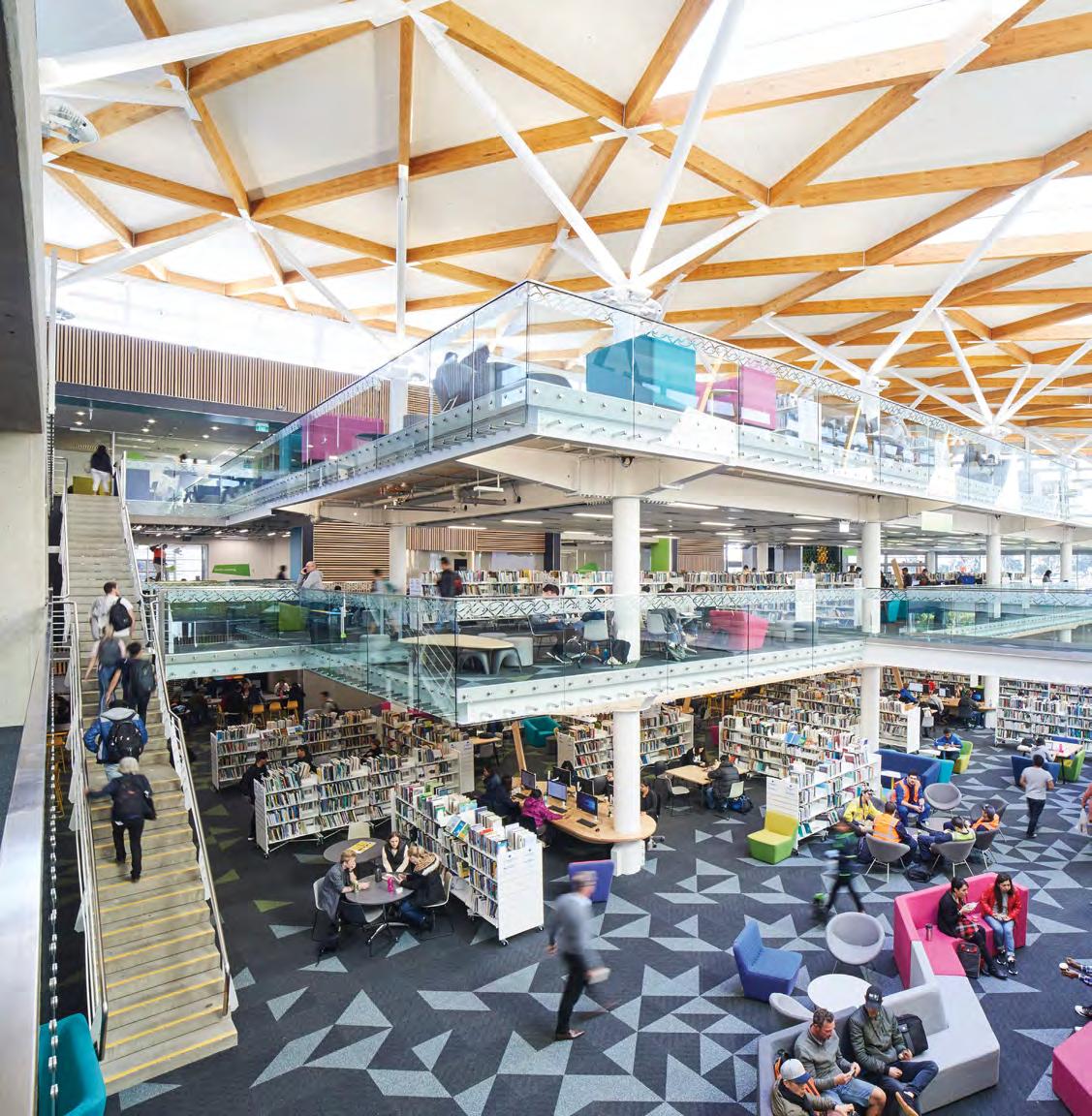
Before departing for New Zealand, make sure you’re fit for travel.
• Complete a full medical check-up.
• Complete a dental check-up (dental care in New Zealand is expensive and usually not covered by insurance).
• Review your insurance policy carefully. Most health costs are covered, but pre-existing conditions are usually not included.
Ask your doctor if your medication is available in New Zealand. Bring a doctor’s letter if you’re travelling with medication.
For long-term or chronic conditions, bring a referral letter to give to a New Zealand health practitioner.
Vaccinations:
Make sure you’re up to date with vaccinations and bring your vaccination records if possible.
Mt Albert Village Pharmacy
901 New North Road, Mt Albert, Auckland 1025
Phone: 09 846 5197
Unichem Point Chevalier Pharmacy
1213 Great North Road, Point Chevalier, Auckland 1022
Phone: 09 846 1676
Mt Albert Medical Centre
986 New North Road, Mt Albert, Auckland 1025
Phone: 09 846 7493
Pocket Lab
Online doctors – available 7 days a week https://www.pocketlab.nz
After Hours Medical Centre*
*Local to Unitec. You can attend Medical Centres in your local area.
Pt. Chevalier Medical Centre
1181 Great North Road, Pt Chevalier
Monday to Friday, 9 am – 6 pm
Saturday, 9 am – 11 am
Contact: 09 846 6244
Whitecross Accident and Medical Centres
St Lukes
52 St Lukes Road, Mt Albert, Auckland 1025
Monday to Sunday, 8 am – 10 pm
Contact: 09 846 6244
New Lynn
2144-2146 Great North Road, Avondale, Auckland 0600
Monday to Sunday, 8:30 am - 10:30 pm
Contact: 09 828 8912
Henderson
131 Lincoln Road, Henderson, Auckland 0610
Monday to Sunday, Open 24 hours
Contact: 09 836 3336
For other Medical Centres, see the front of the White Pages or Business A-Z telephone book. No appointment is necessary for Whitecross After Hours Centres
All international students must have Unitec-approved medical and travel insurance for their entire study period. Unitec’s standard insurance provider is Uni-Care
Questions?
Email: insurance@unitec.ac.nz
More info: Unitec Insurance Information
Unitec provides automatic Uni-Care insurance for all new and returning international students enrolled in programmes longer than two weeks.
Insurance starts on the first day of the month your programme begins.
If you arrive before this date, email your flight details and visa to Unitec. You may need to pay a small extra fee for early cover.
Your insurance will remain valid until your visa expiry date.
If you choose your own insurance (it must be Unitec-approved):
Send full policy details to insurance@unitec.ac.nz
Submit details by the first day of your programme OR at least two weeks before your current insurance expires
Continuous insurance is required during your enrolment.
If you don’t provide valid insurance details, Unitec will arrange Uni-Care insurance for you and charge your account.
Unfortunately, Unitec doesn’t provide on-campus childcare. We’d suggest using online resources to find childcare options near campus. Some programmes, especially Master’s courses, may include night classes, so you’ll need to plan childcare in advance.
If you’re under 18 years on your first day of study, get in touch with the International Success team. They’ll support you in settling into New Zealand and Unitec.
More info:
Unitec’s Children on Campus Procedure has more information.
More info:
Unitec Under-18 Student Information
Clothing
Clothes for warm weather
Clothes for cold weather
Jacket/coat
Comfortable shoes
Documentation
Electronics
Laptop for study
Power adaptors for 240V, 50Hz, three-pin plugs.
You can buy adaptors locally.
Photocopies of passport (front page and visa page). Leave extra copies with family.
Copy of your e-visa
Originals and certified copies of academic transcripts and birth certificates
Offer of Place from Unitec
Receipts for payment of fees, accommodation and visa.
Recent bank statement
Work and personal references (helpful for jobs or housing applications)
Financial guarantee letter (if sponsored or on a scholarship)
Medical records, glasses, prescriptions and vaccination documents
School reports for children (if they’re moving with you)
Current driver’s licence (international or home country licence is valid for one year. After that, you must apply for a NZ licence.)
Across Auckland, clothes, bedding, stationery and other supplies are easily available to purchase, and shops are open seven days a week in most areas. You don’t need to weigh down your luggage with too many toiletries or other items you can purchase after arriving.
Check your airline’s hand and checked luggage rules and weight limits.
Most airlines don’t allow you to carry liquids over 100ml, aerosol cans or sharp objects in your carry-on.
Make sure you have money available
When you arrive at your departure airport, make sure you have at least NZ$1,000 available for immediate use on a credit or debit card. We’d also recommend taking out NZ$500 in cash.
New Zealand primarily accepts card payments rather than cash, so check your card supports overseas transactions.
Book transport before you fly
When you land in Auckland, you can use public buses, trains, taxis or an airport shuttle to get to your accommodation. We recommend booking your transport in advance.
More info:
For more details, see Auckland Airport transport options

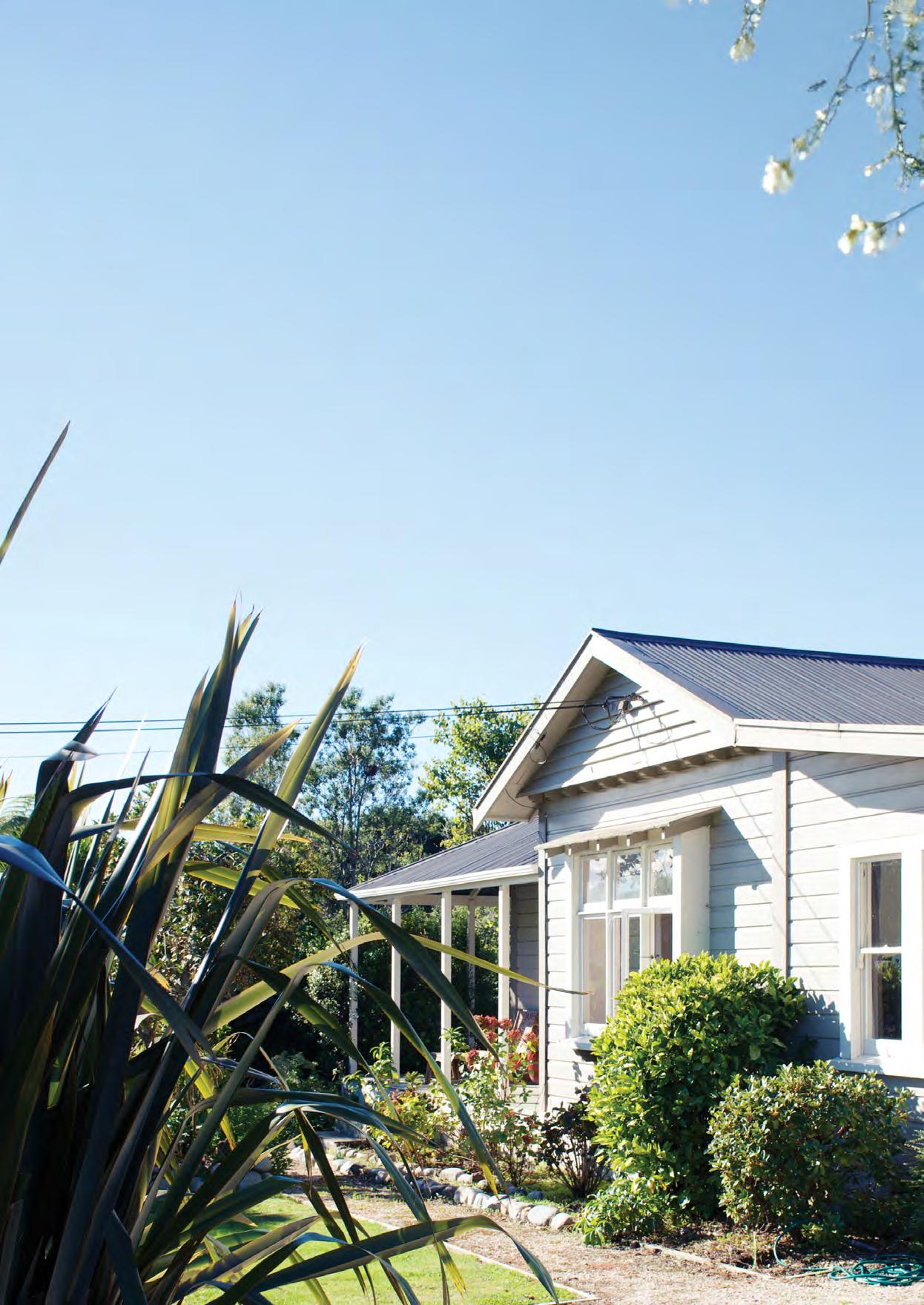
Arrival – you’ve made it!
International students have several accommodation options that are close to campus.
1. Campus@Waterview – on campus
Campus@Waterview is Unitec’s student residential village. It’s located next to the Unitec campus and close to shops, supermarkets and public transport.
Features:
• Modern apartments (recently refurbished)
• On-site residential manager
• Car parking available
• Easy access to central Auckland
The breakdown of the weekly costs per room:
Here are the initial costs of staying at Campus@Waterview:
• Application Fee: $129 (non-refundable)
• Bond: $600 (refundable if conditions are met)
• Cleaning Fee: $109 per stay
• Utilities: $459 per semester (capped amount, top-ups available by power card)
• Internet Fee: $145 per semester (unlimited)
• Rent: First two weeks in advance
We’ve partnered with Host Families New Zealand, who carefully match students to their ideal host families and conduct regular meetings with students to ensure you are happy with the arrangement.
Opting for a homestay provides a furnished room, meals, access to the internet, electricity and water within reasonable limits, and an emergency contact. This arrangement allows you to enjoy the warmth and interaction of living with a family or host.
We recommend you spend the first month (at least) in a homestay environment. If you’re under 18 years old, you must live in a homestay to meet visa requirements.
All costs advertised on this page are accurate as of April 2025 and may change.
More info: For more details, visit Campus@Waterview.
3. Other accommodation
Many students live in shared flats or houses with other housemates. It’s a great way to meet new people and generally has lower costs compared to private rentals.
Some rental websites:
Trade Me
Roomgo
NZ Flatmates
You can rent your own flat or house, either by yourself or with other people. This is often more expensive than shared housing because most properties come unfurnished. Make sure to research the suburb thoroughly before signing a contract and always meet the landlord or property manager before paying fees.
As a tenant in New Zealand, you have legal rights and responsibilities. You can learn more at the official Tenancy Services website

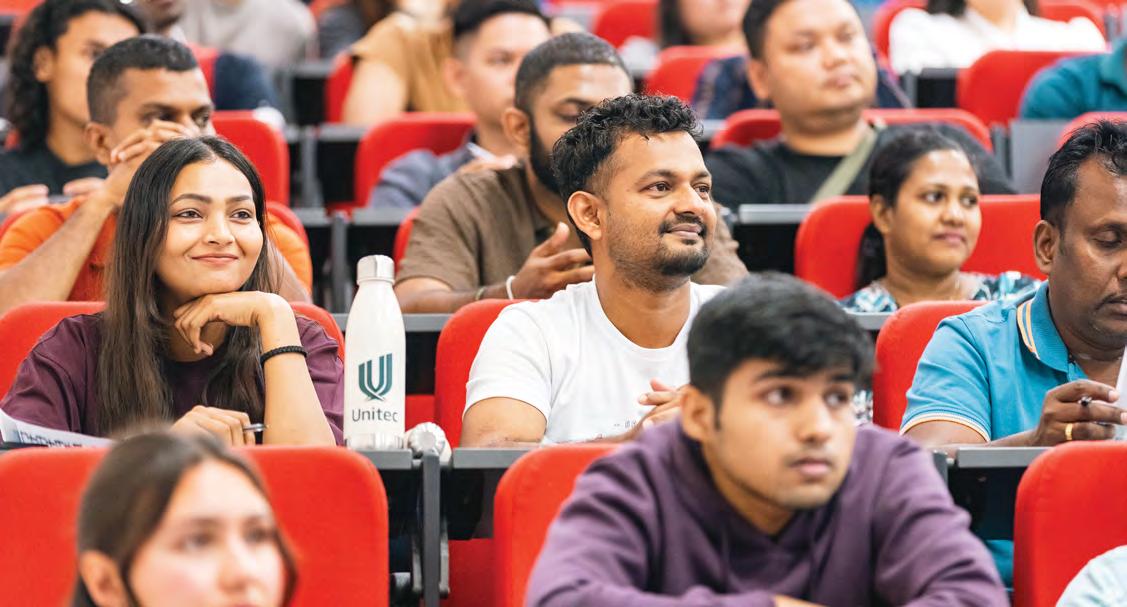
O-Week is held the week before classes start. It’s a chance to settle in, meet other students, and get to know campus life.
During O-Week, you can join social events, games and activities. There is often free food, music and entertainment. You can also attend information sessions that explain how Unitec works, what services are available, and how to get support.
For international students, O-Week is a good time to explore the campus, join clubs or groups, and start building your community.
You’ll also be invited to your programme orientation, where your lecturers will explain what to expect in your first semester.
As part of orientation, you’ll be welcomed with a pōwhiri, a formal Māori welcome ceremony, at our beautiful Te Noho Kotahitanga Marae. This is an important introduction to New Zealand culture and Unitec’s community.
All international students attend Welcome Day – an event that’ll help you settle into student life at Unitec and learn about the many support services available. This day is also a chance to get help with checking your visa and insurance, setting up your login details, collecting your Student ID card, and accessing your timetable.
Orientation Guide:
Watch this short video guide before you attend
International Welcome Day:
For more info click here
Pre-Arrival:
For more info watch this video
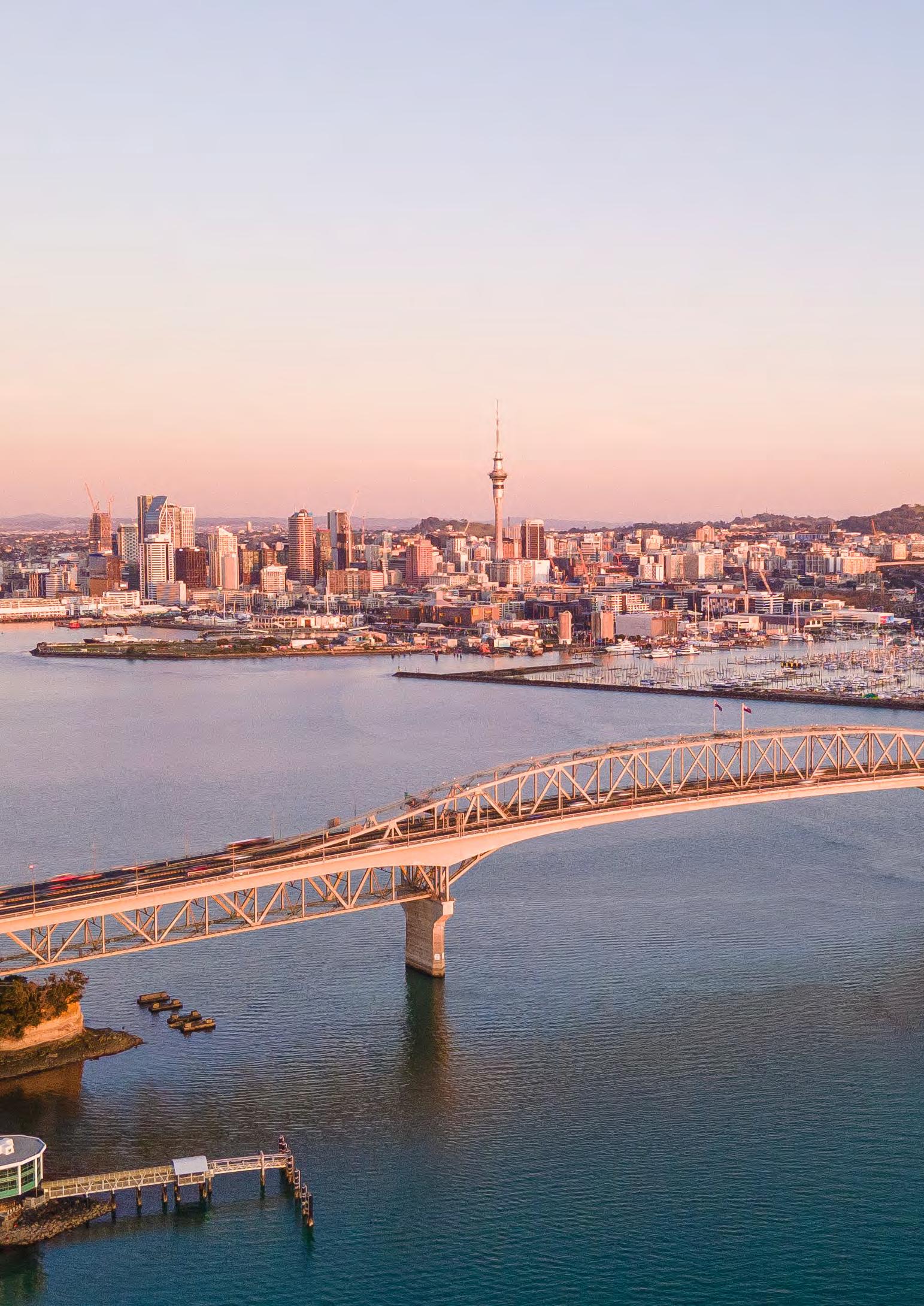
This section explains what you need to know about living in Auckland, New Zealand.
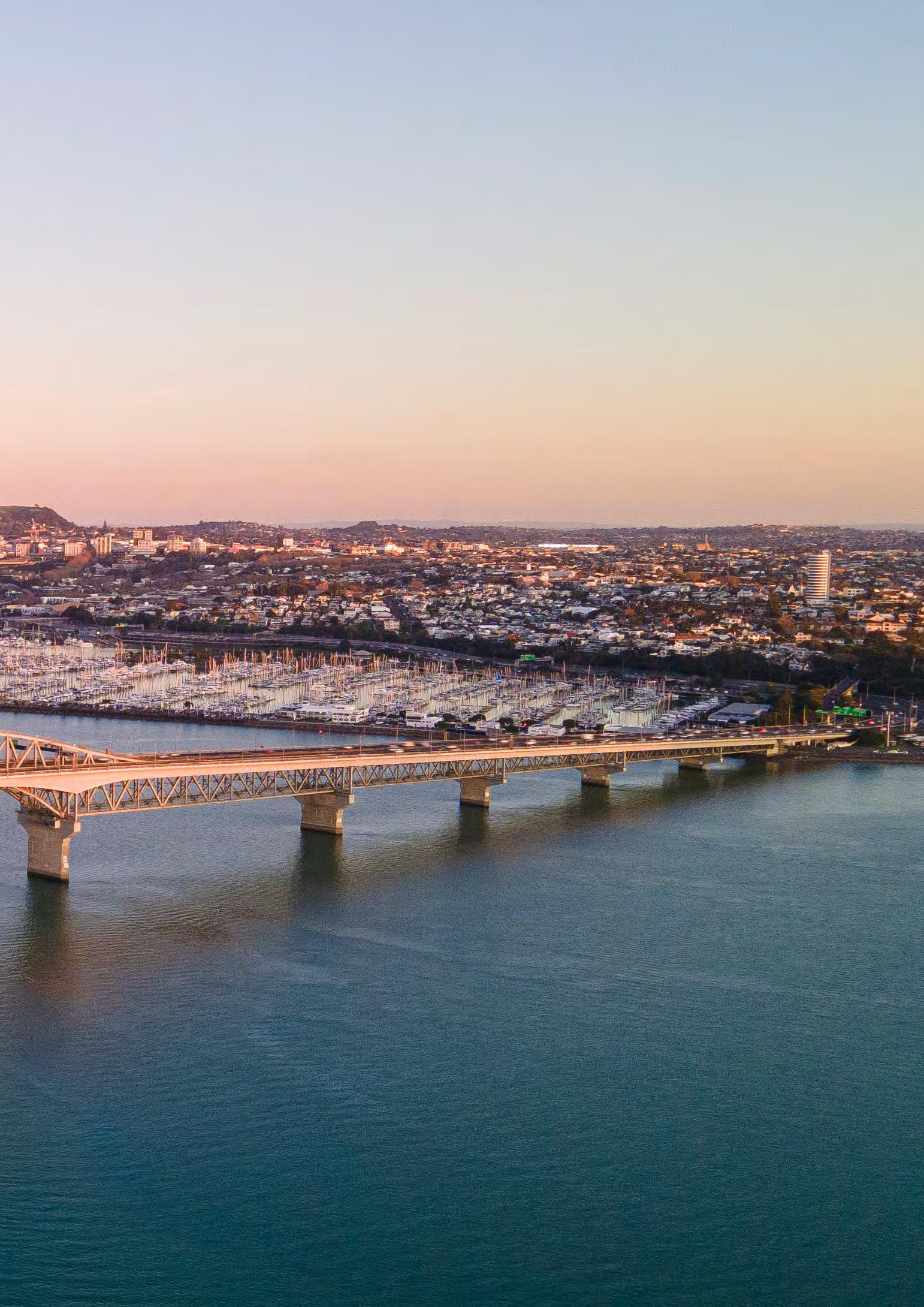
To manage your money, open a bank account with one of New Zealand’s major banks: ANZ, ASB, BNZ, Kiwibank, TSB or Westpac.
These are the documents you’ll need to open an account:
• Passport and current visa
• Proof you’re a full-time student (confirmation of enrolment letter)
• IRD number (tax number)
• Tenancy agreement (if renting a property)
• Current accounts: for daily banking, phone and internet banking, and paying bills
• Savings accounts: earn higher interest on money saved
• Credit cards: international students can apply
Banks are usually open Monday to Friday, 9 am – 4:30 pm.
Nearby malls with banks include:
• Westfield St Lukes (80 St Lukes Road, Mt Albert)
• LynnMall (3058 Great North Road, New Lynn)
• WestCity (7 Catherine Street, Henderson)

When moving to a new country, it pays to research how much everyday living expenses will cost so you can budget well. As per the Immigration NZ student visa requirements, you need to budget for NZ$20,000 per year, plus a return airfare.
You can use this currency calculator to work out the equivalent in your home country.
Tips for staying on budget
• Prioritise essentials: rent, groceries and tuition fees.
• Cook at home instead of eating out.
• Share accommodation to reduce costs.
• Look for student discounts.
• Track your expenses to avoid overspending.
Supermarkets:
For groceries, visit Woolworths, New World, or Pak’n Save
Clothing & Household items:
For clothing, household items and affordable shopping, visit K Mart, Briscoes or The Warehouse
Electronics:
For electronics, visit JB Hi-Fi, Noel Leeming, PB Tech or Harvey Norman
When you arrive in New Zealand, buy a SIM card (they’re available for purchase at the airport) and update Unitec with your new contact details.
Loyalty programmes:
Sign up for loyalty programmes like:
• Woolworths Everyday Rewards
• New World Clubcard
Pre-paid plans
Pay before you use the service.
Top-up when credit runs out.
Cheapest and most flexible option
Recommended for students staying less than two years
International calling
Dial 00 + country code + area code + phone number.
Monthly plans
New Zealand offers a variety of pay-monthly mobile plans from major providers.
One NZ | Spark | Skinny | 2Degrees
Providers like Spark offer endless data options, starting at around $75 per month, with additional companion plans available.
Budget-friendly plans
Slingshot has plans starting at $20 per month, while Skinny and Warehouse Mobile offer competitive low-cost options.
Many plans include international minutes and roaming options.
Some providers offer discounts on streaming services like Spotify Premium or Neon when bundled with mobile plans.
Internet may not be included in your rental.
Flatmates often share costs.
Options: fixed-term plan (up to 24 months) or mobile broadband (flexible)
Free Wi-Fi is available on campus (for students only)
Connect with your own laptop, phone or tablet.
Instructions are available on the IMS website

If you have a student visa in New Zealand, your main focus must be your studies. Some student visas allow you to work part-time during the semester and full-time during scheduled holidays. Check your visa conditions carefully.
You must not work if your visa doesn’t allow it. If you work without the correct visa, your visa may be cancelled.
If you want to work in New Zealand after your studies, you may need to apply for a new visa. It’s important to understand your rights and responsibilities as a worker in New Zealand.
Unitec’s Career and Employability Team offers free advice to all current students, prospective students and alumni. They can help with study planning, career advice, CV writing and interview preparation.
You can visit the team at the Ask Me Desk on the ground floor of Te Puna – Building 180
This programme includes free workshops, events and industry networking opportunities throughout the year.
By joining the Career Ahead Programme, you can:
• Develop important work and communication skills.
• Gain confidence and self-belief.
• Build a professional network with students, staff and businesses.
• Get an understanding of the New Zealand job market.
• Increase your chances of success in your future career.
More information:
Visit the Immigration New Zealand website to learn more.
You can also access their services online through the Unitec Careers.
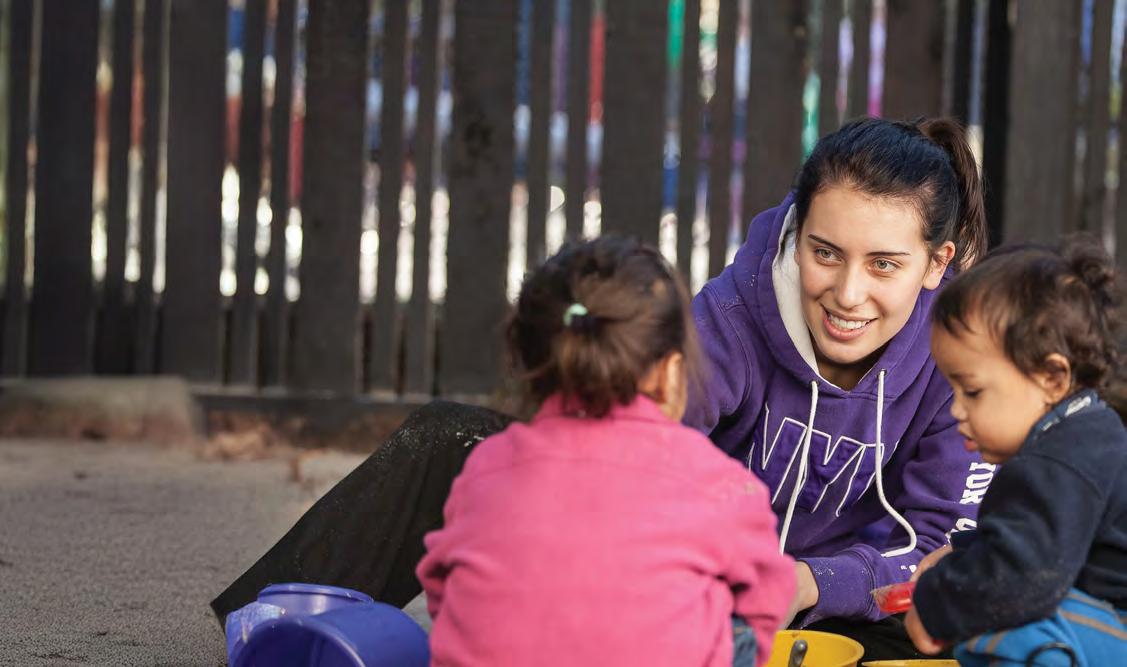
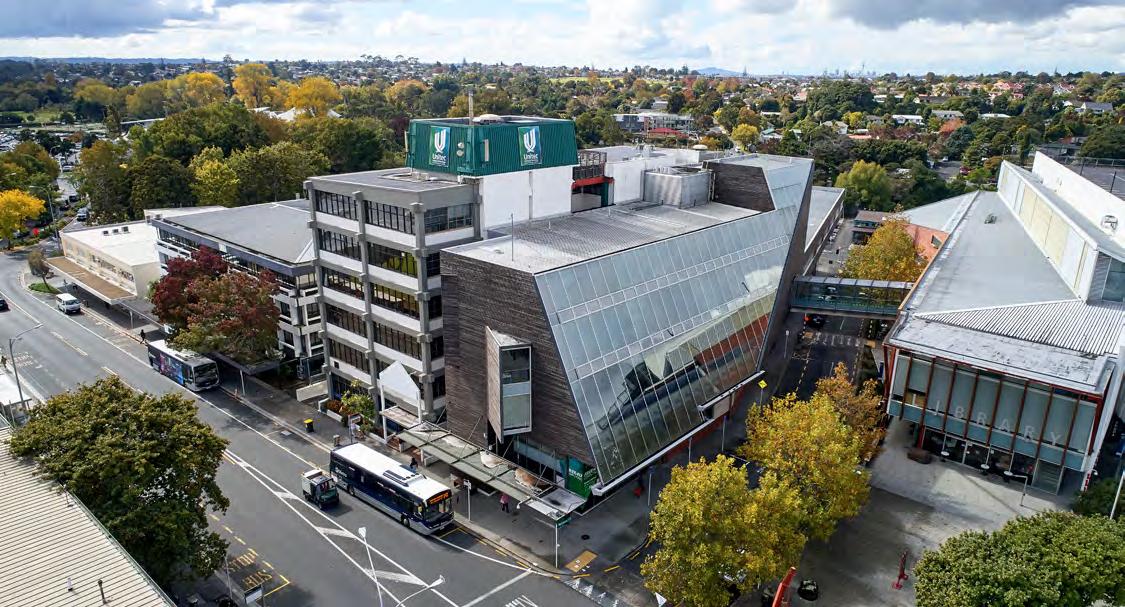
Many students work part-time to help cover living costs such as rent and food. All income you earn in New Zealand is subject to tax, which is usually deducted automatically from your wages.
You can use these job search websites to find available positions:
• SEEK
• Trade Me Jobs
• Student Job Search
• Neighbourly
Volunteering is another way to gain experience and meet people in New Zealand. It can also help you make community connections.
You can find volunteer opportunities on:
• Volunteering New Zealand
• SEEK
• Neighbourly
To learn more about paying tax, visit the Inland Revenue website
Unitec is in Mount Albert, a 10-minute drive from Auckland’s city centre. You can also reach the city from Mt Albert by bus in approximately 20 minutes or by train in 25 minutes. Britomart is the main transport centre in the city, and most services connect there. A bus trip from Unitec’s Mt Albert campus to the city centre costs around NZ$4 with an AT HOP card.
When you arrive, buy an AT HOP card. This card works on all trains, buses and ferries. Fares with the card are at least 20% cheaper than cash.
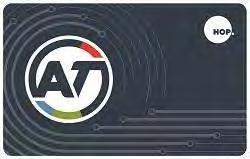
As a Unitec student, you can also get a Tertiary ID sticker on your student ID card, which gives you up to 20% off public transport. You’ll receive your student ID and sticker during International Orientation.
Unitec provides a free shuttle bus between the Mt Albert and Waitākere campuses.
Auckland buses cover the entire region and run every day, including public holidays. Trains also run daily and connect the southern, western and central areas of Auckland.
Taxis and rideshare services like Uber are available throughout Auckland. You can book them using mobile apps or at designated taxi stands.
For more information, visit the Auckland Transport website.
You can buy a card online or at many retailers, including the dairy on campus.
Shuttle
You can collect a timetable from Student Central or download it online
Check timetables and routes on the Auckland Transport website
To understand the road rules, read the New Zealand Road Code, which is available online from the New Zealand Transport Agency (NZTA)
You can drive in New Zealand for up to 12 months with a valid overseas licence or an international driving permit. After 12 months, you must apply for a New Zealand driver’s licence. Carry your licence or permit (with a translation if needed) whenever you drive.
• Drive on the left-hand side of the road.
• The speed limit is usually 50 km/h in towns, 30 km/h in Auckland city centre, 40 km/h in school zones, and 90–110 km/h on highways.
You can rent cars at Auckland International Airport and from many local companies. Some rental services require you to be at least 20 years old. CityHop is a car share option that may be cheaper than buying a car.
Alternatively, you can share rides with friends or classmates to save money and reduce parking expenses.
Many students buy second-hand cars because they’re more affordable. You can find listings on Trade Me, at car fairs or from authorised dealers. Before buying, check the AA Used Car Buying Guide and we highly recommend purchasing car insurance.
Parking is available on campus, but spaces are limited. We recommend arriving early to avoid missing out.
• Mt Albert Campus: $1 per hour, maximum $3 per day, Monday to Friday, 8 am – 4 pm (free outside these hours and during semester breaks).
• Waitākere Campus: $1 per hour, maximum $4 per day with a student ID.
Unitec monitors parking regularly, and fines of $65 apply if you do not pay.
Cycling is an affordable and healthy way to travel. Bicycles are allowed on trains and ferries. The Auckland Transport website has maps of cycling routes.
Walking is safe during the day and in well-lit areas at night. If you live near Mt Albert or the surrounding suburbs, you can combine walking with public transport to reach Unitec.
Auckland’s Nelson Street Cycleway connects to other major cycleways and provides easy access to the city centre.
Te Puna Waiora offers free counselling to all students. The confidential service can help with personal struggles, mental health, relationships and identity concerns. Sessions last 50–60 minutes, and urgent appointments are available every day from 1–2 pm.
Advisors provide support with enrolment, visas and adjusting to study in New Zealand.
The Learning Centre offers free support for study skills through workshops, one-on-one sessions and group consultations.
Support includes:
• Academic reading and writing
• Mathematics and statistics
• English language assistance
• General study skills
Counselling is available:
Mt Albert Campus: Monday to Friday, 8 am – 5 pm
Waitākere Campus: Monday to Friday, 8 am – 5 pm
Email: counselling@unitec.ac.nz
Phone: 0800 10 85 10 or +64 9 815 2948
Website: Counselling Services
Mt Albert Campus:
Level 2, Te Puna – Building 180 Monday to Friday, 9 am – 4:30 pm
Waitākere Campus: Te Rangimarie, Building 510 Wednesday, 9 am – 4:30 pm
Email: internationalsupport@unitec.ac.nz
Appointments: International Student Advisors
Visit the Skills Hub on the ground floor of Te Puna – Building 180 at Mt Albert or at the Waitākere campus. You can also book appointments online
The Disability Support team provides equipment, resources and advocacy for students with impairments to create a barrier-free environment.
Support may include:
• Note-takers and recorders
• Exam support
• Sign language interpreters
• Mobility parking permits
• Access to specialist computer labs
The ALLY Network is a group of staff and students who support diversity in sexuality and gender. The network helps make Unitec an inclusive and welcoming place for everyone.
Student Advocates give free and confidential advice. They can help you with academic or personal issues, including complaints, harassment or disciplinary processes.
Unitec provides Multifaith Chaplaincy Services to support your spiritual and religious needs.
Unitec Security patrols both campuses 24 hours a day, seven days a week, all year round. Security staff wear uniforms and carry ID cards, making them easy to identify.
If you have any safety concerns about yourself, others or property, contact security@unitec.ac.nz.
For emergencies, call 111 or visit the New Zealand Police website.
If you’re a victim of crime or need help reporting a crime, visit the Victims Information website
You’ll find these services at:
Mt Albert Campus: Student Experience, Level 1, Te Puna, Building 180, Monday to Friday, 8:30 am – 4:30 pm
Waitākere Campus: Student Central, Building 510, Thursday, 8:30 am – 4 pm
Email: disabilityservices@unitec.ac.nz
Ally Network contact:
Email: ally@unitec.ac.nz
Mt Albert Campus: By appointment
Waitākere Campus: By appointment
Email: studentadvocates@unitec.ac.nz
Prayer rooms:
Mt Albert Campus: Muslim Prayer Rooms in Building 158
Waitākere Campus: Multifaith Prayer Room, Building 510, Level 3, Room 3033 (reserved for Muslim prayer from 12:30 – 4:30 pm daily, open to others at other times).
Email: chaplains@unitec.ac.nz waitakchap@unitec.ac.nz
Citizens Advice Bureau:
For advice on complaints, disputes, employment, housing or legal matters, contact the Citizens Advice Bureau.
You can view campus maps online
Your timetable is created once you enrol and pay your fees.
You can view it on Student Portal:
1. Log in to Student Portal with your Unitec username and password (the same used for campus computers).
2. Select Student Self Service from the Useful Links box.
3. Your enrolled classes will appear. You can print a weekly schedule.
Moodle is Unitec’s online learning platform. It contains lecture slides, notes and assignment information. You can also access extra resources from the Learning Centre (Te Puna Ako).
The Study Toolbox is part of the Library website. It provides advice on referencing, writing and postgraduate study. It is useful for all students, no matter what programme or level you are studying.
If English isn’t your first language, specialist staff are available to help. If you’re studying English language certificate programmes at Level 4 or below, you can also join the English Conversation Club.
The main languages in New Zealand are English, Te Reo Māori and New Zealand Sign Language
If you need help in another language, visit the New Zealand Immigration website for more information and translation services
If you cannot log in, visit the IMS Help Desk page for support.
Unitec has libraries at both Mt Albert and Waitākere. You can find resources online through the Library website Librarians can help you locate information, and you can borrow items using your student ID card. The libraries also run workshops on how to find and use information effectively.
Located in Building 180. Resources cover a wide range of subjects.
Focuses on Nursing, Medical Imaging, and Social Practice resources.


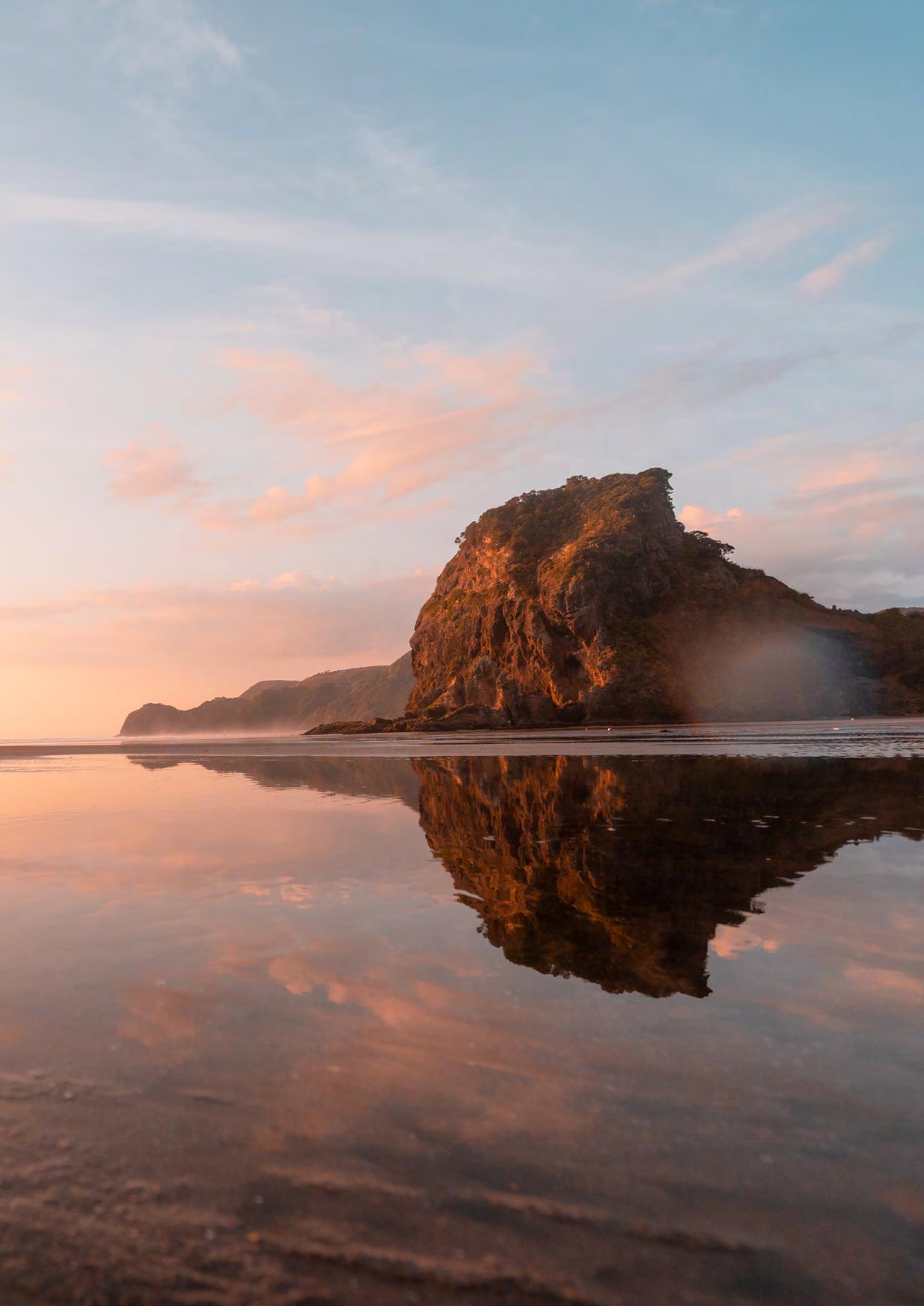
North Island
Bay of Islands & Cape Reinga
Tongariro Crossing
Tauranga
Rotorua
Taupō
Coromandel
Napier
Wellington
Cape Reinga
Auckland (You are here)
Wellington
Christchurch
South Island
Abel Tasman & Golden Bay
Queenstown
Wānaka
Milford Sound
Christchurch
Dunedin Kaikōura
Mt Cook and the Glaciers
Transport options include:
Rental cars: Jucy Rentals, Wicked
Ferries: Fullers
Flights: Jetstar, Grabaseat
Buses: Nakedbus.com
Train: Northern Explorer
New Zealand Times
New Zealand Standard Time (NZST) is UTC+12
New Zealand Daylight Time (NZDT) is UTC+13
Daylight Time:
Daylight Time runs from the last Sunday in September to the first Sunday in April.
Far North Island:
Subtropical Summers
Warmest months: January - February
Most areas: Mid coastal climate
South Island:
Can be as cold as -10°C (14°F) in winter
Coldest month: July
Auckland is New Zealand’s largest and most multicultural city, surrounded by harbours, islands and beaches.
The Waitākere Ranges are home to native forests, waterfalls, beaches and 250 kilometres of walking tracks. You can visit waterfalls such as Kitekite Falls, Fairy Falls and Karekare Falls. The ranges are also home to the ancient kauri tree. Kauri dieback disease is threatening these trees, so some tracks are closed for their protection. Always check before visiting.
Piha is Auckland’s most famous surf beach, with black sand and strong surf.
Other popular Auckland beaches include:
• Bethells
• Mission Bay
• Cornwallis
• Tāwharanui
• Orewa
• Mairangi Bay
When dining out in Auckland, you’ll find a variety of cuisines at prices that suit different tastes and budgets.
Within Unitec, you can choose from a wide range of food at both campuses –from sandwiches and curries to pizza and salads. And, of course, great coffee! Check out Unitec’s food and drinks for more information.
Find local events and activities:
Keep up to date with local events through:
• The Urban List
• Auckland NZ
• Under the Radar
• Meetup
Find discounted tickets and activities at:
• Bookme
New Zealanders are often known as ‘Kiwis’ after the little brown flightless bird – the country’s national symbol.
Kiwis are friendly, outgoing people who are willing to strike up a conversation with you just about anywhere. They’ll often help you when you ask. They also love the great outdoors – spending time in nature, going for walks, swimming and doing any activity that gets you moving are common hobbies and pastimes.
Māori are the country’s indigenous people, who made Aotearoa New Zealand their home long before the arrival of European settlers. At over 15% of the country’s population, Māori make up the largest minority in New Zealand. Māori culture and tradition are central to New Zealand’s identity.
Aotearoa = New Zealand
Kia ora = Hello
Whānau = Family
Kai = Food
Togs = Swimsuit
The New Zealand Kiwi:

Jandals = Flip-flops
Haere mai = Welcome
Ka kite anō = See you again
Koha = Gift

Auckland is a safe and welcoming city, but taking basic precautions is important. Always plan your activities and tell someone where you’re going –and for how long.
Things to know as a pedestrian
• Traffic drives on the left side of the road.
• Always follow traffic lights and cross only when the green pedestrian light shows.
• Use pedestrian crossings when available.
• Look left, right, then left again before crossing.
• Walk on footpaths whenever possible.
• Allow extra travel time and drive carefully.
• Don’t drive if you feel tired. Stop and rest or share driving with someone else.
• Reduce your speed to 40–50 km/h or lower on narrow roads Slow down when meeting oncoming traffic.
• Be careful when driving downhill or around corners. Slow down gradually.
• Do not drive rental cars on unsealed roads unless you’re insured.
Sun glare can make it hard to see, so slow down or wait until it passes.
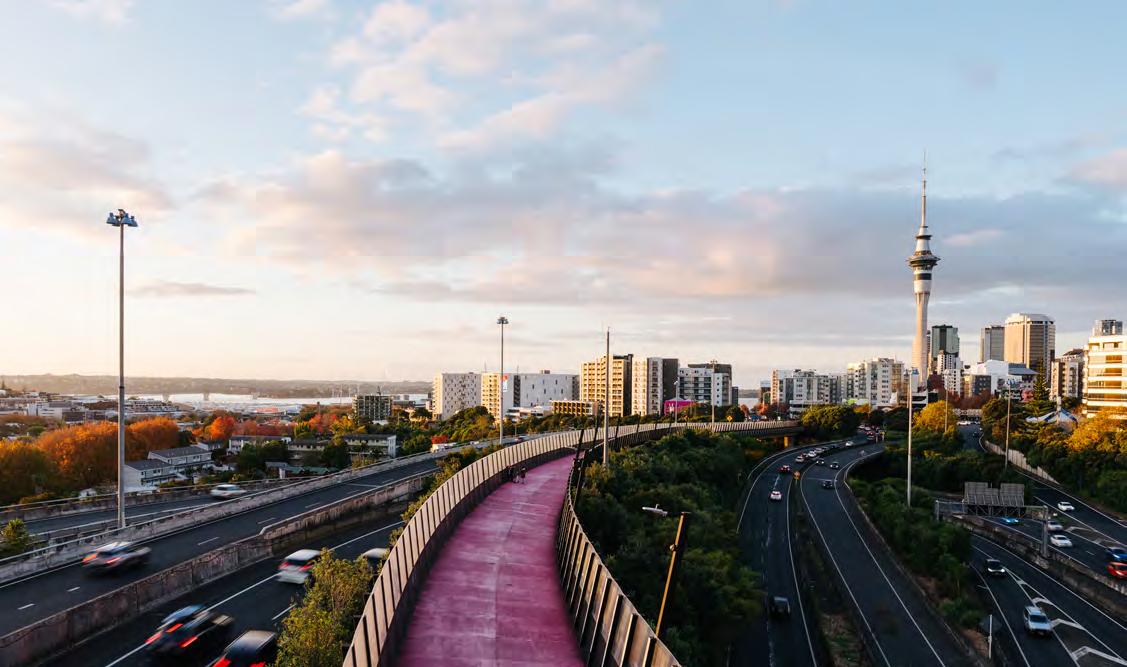
• Always carry a map, food, water, a jacket and a warm hat.
• Bring rain gear, gloves, thermal clothing and sturdy boots.
• Expect muddy tracks, especially in winter.
• Tell someone your plans, including your route, return time and vehicle details.
• Use the Mountain Safety Council trip form to leave your details with a trusted contact.
• Backcountry campgrounds have limited facilities. Bring all your supplies and take your rubbish away.
• Fires are banned. Some campgrounds have BBQs, but you may need to bring wood.
• Use portable cookers and lamps in well-ventilated areas. Replace fuel canisters outside, away from flames.
• Treat water (boil, filter or purify) if it’s not marked safe to drink.
Protect yourself from the sun
• The sun in New Zealand is very strong. Always use SPF 30+ sunscreen.
• Wear a hat, sunglasses and light long-sleeve clothing and use shade when possible.
• Carry water and drink regularly to avoid dehydration.
• Wear life jackets when paddling or boating.
• Ask locals about surf conditions before swimming.
• Swim only at patrolled beaches, between the flags and when lifeguards are present.
• Follow lifeguard instructions always.
• Never swim or surf alone, or when tired or cold.
• Don’t drink alcohol before swimming.
• Always check water depth before diving.
• Supervise children near water.
• If in trouble at a patrolled beach, raise your arm, float and wait for help
• For more advice, visit Water Safety NZ
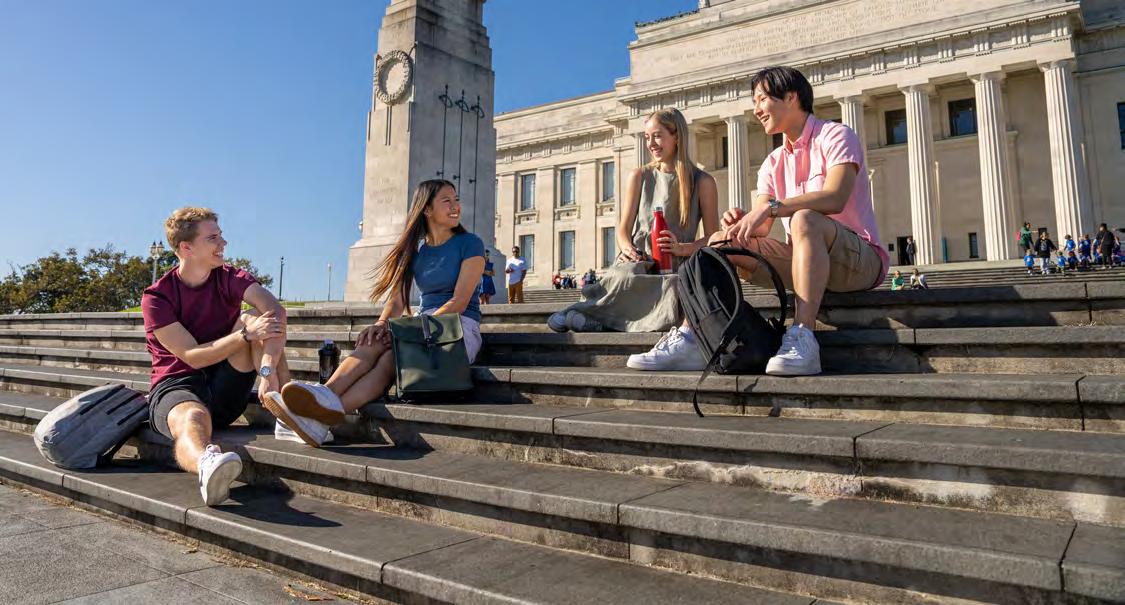
As a Unitec student, you’ll need to understand all the important information applicable to you, from enrolment and complaints to rights and responsibilities. We suggest that you read and familiarise yourself with Unitec’s Code of Conduct
The New Zealand Education (Pastoral Care of Tertiary and International Learners) Code of Practice 2021 ensures the safety and well-being of international students. It requires education providers to be approved signatories, ensuring they meet high standards of care.
The Code covers areas such as providing accurate information, supporting students’ physical and mental health, and fostering a safe and inclusive learning environment. This framework helps international students feel supported and secure while pursuing their education in New Zealand.
International students must attend all scheduled classes unless there is a genuine and valid reason otherwise. Failure to attend without a doctor’s certificate or a valid reason may result in the termination of the student’s enrolment as outlined by Immigration:
• Details on determining unsatisfactory progress: A student doesn’t pass half the required credits for the completion of their programme.
• The student fails to take part in any academic assessment, such as online learning activities, projects, and other similar coursework required by the programme.
• Failure to submit key assessments for the programme.
If the Academic team must report repeat absences or academic progress to the International team in accordance with Immigration rules, the Academic team, in conjunction with the International team, will work together to support you throughout your study and life at Unitec.
The Academic Integrity Procedure requires all staff and students at Unitec to undertake their academic work with honesty, trust, fairness, respect and responsibility. Unitec will also take action to deal with academic dishonesty or cheating by investigating and communicating the disciplinary appeal process. The International General Manager will support you through this process if you’re requested to attend a disciplinary meeting or discussion.
The Academic Statute details the regulations that affect every programme you can enrol in at Unitec.
It contains information on the rules governing student appeals, and sets out the ways a student might be ‘excluded’ from Unitec for continued poor academic performance.
The Admission, Enrolment and Fees Policies explain the entry criteria for Unitec programmes, including the conditions you need to meet, and the reasons we might decline an application. It also covers the enrolment process and how and when to pay tuition fees.
The Programme Regulations document explains more about the entry criteria you need to be accepted into a Unitec programme – in particular, the grades or qualifications you need to have achieved. View the Admission Requirements Policy
The Assessment, Moderation and Grades Policy sets out some of Unitec’s obligations and your rights, in terms of how assessment and feedback should be organised while you study at Unitec. It also sets out the timeframes within which you should expect to receive feedback on assessments.
The Countering Harassment Policy sets out the ways in which a harassment complaint can be resolved at Unitec. It applies to staff and students and includes any type of harassment claim that is made.
The Countering Harassment Procedures should be read in conjunction with the Countering Harassment Policy. This policy explains the steps that Unitec takes and the process we go through when dealing with a harassment complaint.
The Electronic Devices and Systems Policy explains the responsibilities of everyone who uses Unitec’s electronic devices and systems. It exists to make sure information technology use at Unitec is as secure and risk-free as possible, while still allowing people access to software and devices.
The Procedure for the Conduct of Appeals sets out the process for student appeals, to make sure they are as fair and transparent as possible.
The purpose of the Privacy Policy is to ensure that Unitec complies fully with its obligations under the Privacy Act 1993 (“the Act”). This policy should be read alongside Unitec’s Privacy Procedures and the Act.
Privacy Officer: Kara Hiron
Privacy Procedures refer to the Privacy Act 1993 and set out the principles that must be applied when managing personal information at Unitec.
If you feel you’ve been let down by a service, process or another member of the Unitec community, this policy explains how Unitec deals with formal complaints to reach a fair resolution. The Student Advocate Service is also available to provide support through the complaints resolution process.
The Student Disciplinary Statute sets out the behaviours that are unacceptable at Unitec, and the disciplinary process for those who break the rules. It also sets out your right to a fair hearing and the support available if you ever find yourself under investigation for misconduct.
The Smoke and Vape-Free Policy explains the rules around smoking and vaping on Unitec campuses.
If you drive to Unitec, this policy sets out the rules for using your vehicle on campus. It also outlines your rights and obligations when parking at Unitec, and how to retrieve your vehicle if it ever gets towed.
This Policy outlines Unitec’s responsibility to arrange accommodation for international students, and to ensure the accommodation meets our obligations under the Code of Practice for International Students – particularly for persons under the age of 18.
More information:
View the Student Complaints Resolution Policy
More information:
View the Traffic, Safety and Parking Policy.
More information:
View the Accommodation for International Students Policy.
All complaints raised will be handled in complete confidence, and you’ll be kept informed at each step of the process. The Student Complaints Resolution Policy explains when and how to lodge a concern, issue or complaint about any aspect of your experience at Unitec. It’s a safe way to resolve complaints that need to be treated formally.
This policy ensures you can:
• Find clear information about the complaints process.
• Understand the rights and responsibilities of everyone involved (the student, the staff member handling the complaint, and any other parties involved).
• Indicate the outcome you would prefer (although this outcome isn’t guaranteed, it gives the staff member dealing with the complaint more information to make a fair decision).
• Find clear information about how to lodge an appeal.
In New Zealand, your rights are safeguarded by laws. As an international student, Unitec has a responsibility to ensure your safety and welfare in New Zealand. Learn more about your rights in New Zealand by visiting Immigration NZ
Te Puna – Building 180, Gate 3, 139 Carrington Road, Mount Albert, Auckland 1025
Opening hours: Mon-Fri 9 am – 4:30 pm
Email: internationalsupport@unitec.ac.nz
Website: www.unitec.ac.nz/international
To review personal safety information, check the link on Unitec’s website
Moving to a different country to study takes a lot of courage, and sometimes, you just need someone to talk to. Here are some common issues faced by international students – and how we can help assist you.
If you need help with Contact
Culture shock, homesickness
Visa concerns
Settling in Auckland/ Unitec
Academic concerns – referencing, exams, skills
English language
Health and wellbeing concern, drug, alcohol use, signs of depression, low mood, low energy, difficulty sleeping, general loss of interest/ concentration, loss of self-confidence and tiredness
Stress, anxiety, depression, relationship issues, addictions, bereavement, eating disorders, panic attacks, work unrealistic hours, avoiding starting or finishing work and having perfectionist tendencies
Accommodation issues
Financial issues
Academic issues – timetable, lecturer, exams, scholarships, support around academic literacy and numeracy required for your study
Discrimination, harassment or a complaint about something in Unitec or a legal, tenancy or employment issue
International Success Counselling Services
Unitec Student Visa
International Success
Student Connectors
Learning Advisors
Learning Advisors
Counselling Services
International Success Counselling Services
International Success Counselling Services
Student Advocates
International Success
International Success
Student Advocates
If you need help with
Inappropriate behaviour towards staff or other students, disruptive behaviour in classes, or a student defaming or threatening a staff member via email or social media
Physical or mental disabilities (broken arm, hearing issues), disability support
Harassment, discrimination or serious conflict
Making friends, would like to talk to a fellow student
International Success
Disability Support Services
Student Advocates
Someone to talk things through and provide a listening ear, need spiritual support
Finding a job or career advice
Computer/ IT issues
International Success Student Connectors
Spiritual and Religious Support
Unitec Career Centre
Enrolment issues
Student Central
Academic misconduct issues Student Advocates International Success